★★½
“Supermodel goes wild.”
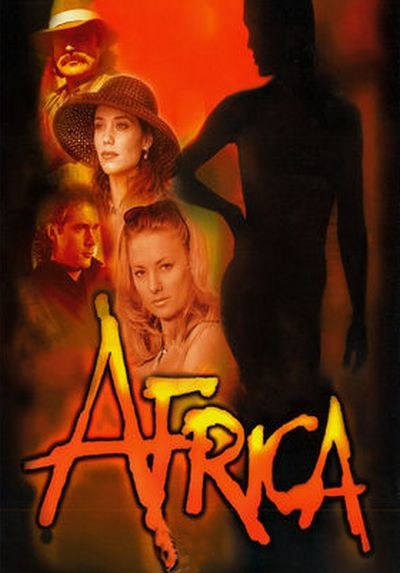 Kinda dumb, to say the least, yet not entirely reprehensible. Supermodel Victoria Young (Potgieter) is under a lot of stress, having just signed a huge new contract, and to clear her head decides to take a drive across the South African veldt. A close encounter with a truck propels her car off the road, and the dazed Vicky wanders off in the wrong direction, away into the bush. Her manager/boyfriend Josh Sinclair (Wise) is left to co-ordinate search and rescue, though the police seem to think it’s just some kind of publicity stunt, and in the cut-throat world of modelling, there is no shortage of those seeking to exploit Vicky’s absence for their own ends. Meanwhile, by the time she regains her full faculties, she has no clue how to get back to civilization, and has to figure out how to survive a hostile environment. Plus, as time goes on, fend for herself, finding food – as well as avoiding becoming food for the local fauna.
Kinda dumb, to say the least, yet not entirely reprehensible. Supermodel Victoria Young (Potgieter) is under a lot of stress, having just signed a huge new contract, and to clear her head decides to take a drive across the South African veldt. A close encounter with a truck propels her car off the road, and the dazed Vicky wanders off in the wrong direction, away into the bush. Her manager/boyfriend Josh Sinclair (Wise) is left to co-ordinate search and rescue, though the police seem to think it’s just some kind of publicity stunt, and in the cut-throat world of modelling, there is no shortage of those seeking to exploit Vicky’s absence for their own ends. Meanwhile, by the time she regains her full faculties, she has no clue how to get back to civilization, and has to figure out how to survive a hostile environment. Plus, as time goes on, fend for herself, finding food – as well as avoiding becoming food for the local fauna.
I could certainly have done without the entire urban shenanigans, which appears to have strayed in from a bad 90’s Lifetime TV movie. Much more interesting is watching Vicky disintegrate from a pristine beauty, into someone who has to rip the leg off a half-scavenged carcass in order to eat, in between bouts of hiding up trees while a pride of lions takes a nap below. Some of the early sequences border on supermodel torture-porn, for example, as she agonizingly pulls a thorn from her foot, even though it is kinda obvious that the actress was never in the same scene with anything larger than a monkey. Similarly, the sequence where she pulls a grub out of a rotten tree, and cooks it on a stick like a disgusting living S’more, would have been more impactful had it then continued, unflinchingly to show Vicky chowing down on it. Though I did kinda snigger at the cut instead, to a rival model throwing up in the bathroom.
I’m not sure how realistic it is intended to be: I suspect that drinking raw water from a water-hole, in which various wild animals have been trampling [and, likely doing other things], would be a fast way to the emergency room. It might have been nice had they provided some rationale for her survival skills, even a token one such as her growing up on a farm; if you actually dumped Kate Moss into the middle of Africa, the real outcome is likely going to be a bit different. I did like how Vicky’s survival was entirely dependent on her own actions – there was no helicopter flying in at the end, as a deus ex machina. However, it would have been greatly improved by having the courage to focus purely on the “Woman vs. Wild” aspect, as the rest of it is mostly nonsense, which adds very little to proceedings.
Dir: Paul Matthews
Star: Dorette Potgieter, Greg Wise, Patrick Bergin, Elizabeth Berkley






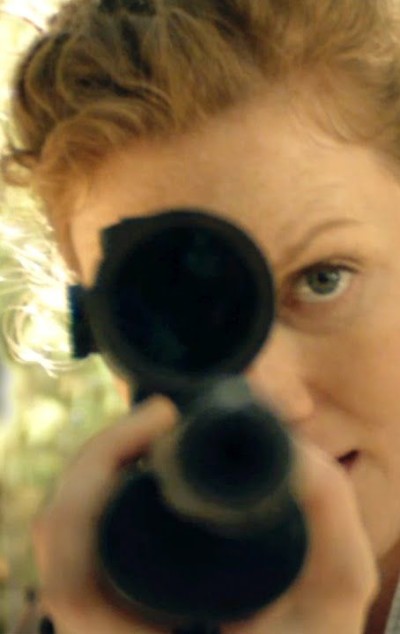
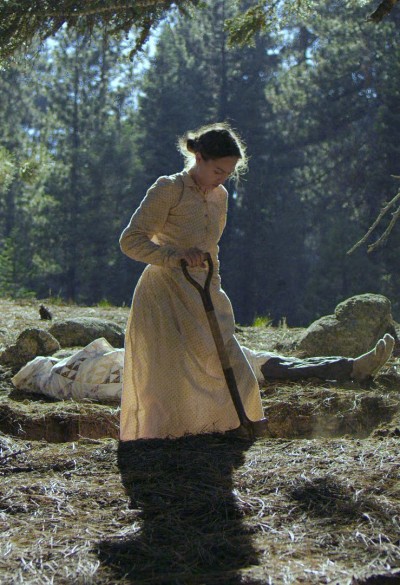
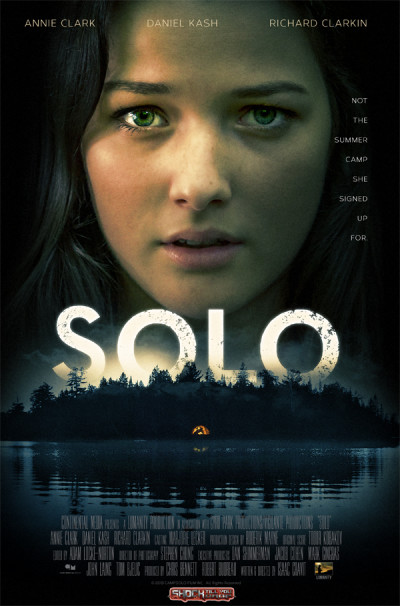


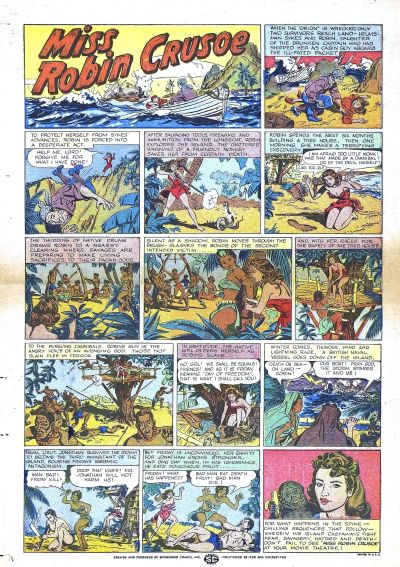
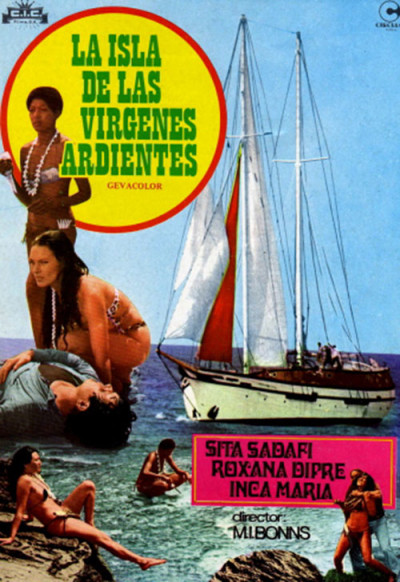
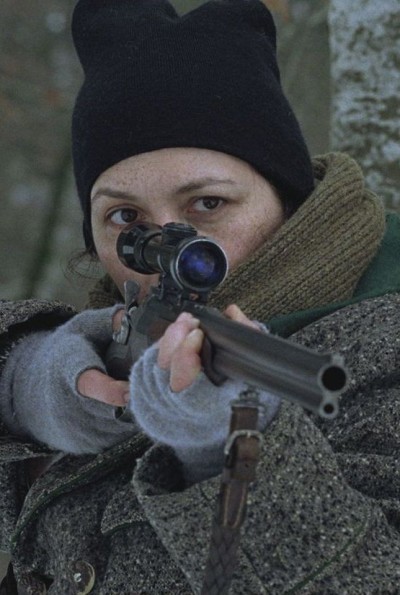 This is a very different kind of GWG film: indeed, it could almost be called an inaction heroine movie. It starts from a very simple presence. A woman (Gedeck) wakes up in a cabin in the Austrian Alps. When she tried to head to a nearby village, the path is blocked by an unseen, impenetrable barrier that has sprung up overnight, and now defines the boundary of her world. Everyone outside is dead. What do you do? How do you survive, both short- and long-term? Could you handle the loneliness? Can you retain your humanity, when you are, apparently, the only human being left?
This is a very different kind of GWG film: indeed, it could almost be called an inaction heroine movie. It starts from a very simple presence. A woman (Gedeck) wakes up in a cabin in the Austrian Alps. When she tried to head to a nearby village, the path is blocked by an unseen, impenetrable barrier that has sprung up overnight, and now defines the boundary of her world. Everyone outside is dead. What do you do? How do you survive, both short- and long-term? Could you handle the loneliness? Can you retain your humanity, when you are, apparently, the only human being left?